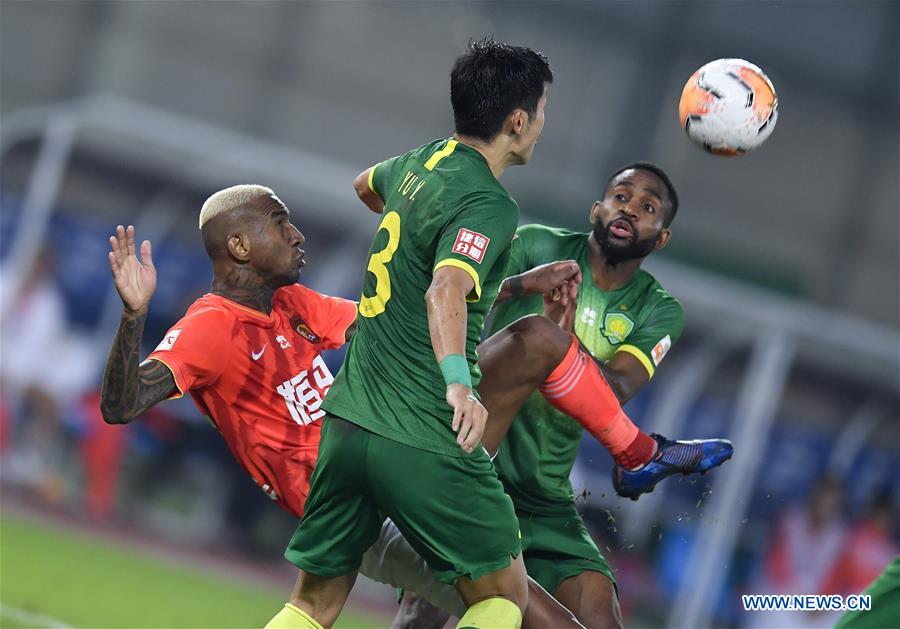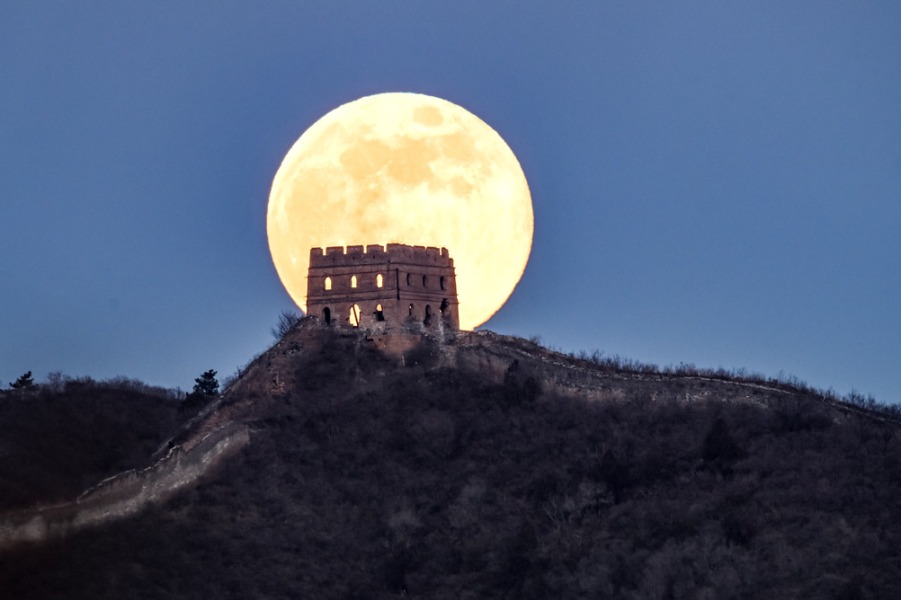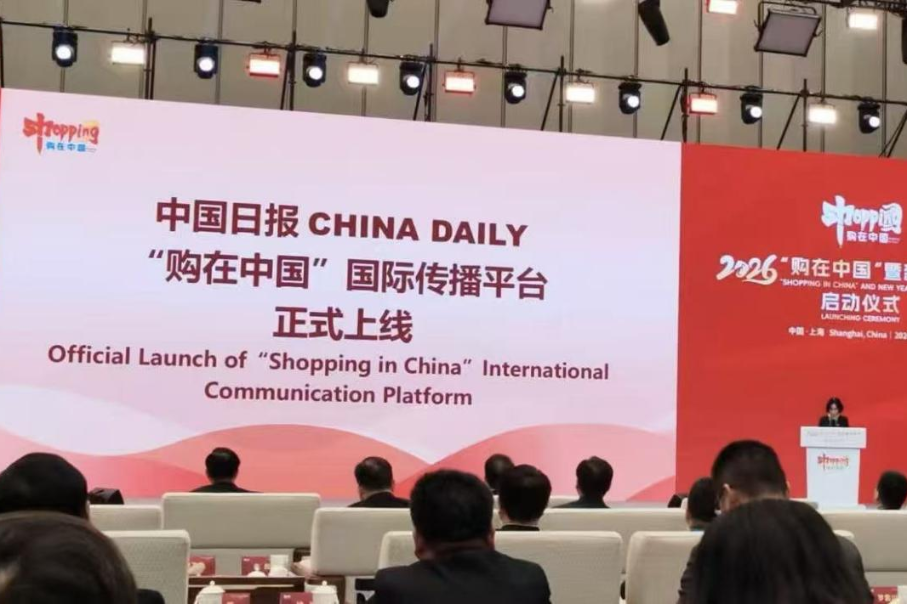Dipping soccer fortunes produces millionaires, not talented players


As of Thursday, all four Chinese soccer teams had been eliminated from the 2020 Asian Champions League. The best-performing Beijing Guoan had just made it to the quarterfinals. The Guangzhou Evergrand, which has won the ACL championship twice, was knocked out in the group stage.
Clubs from Japan and the Republic of Korea prove they are still dominating powers in East Asia after the Guangzhou Evergrand once showed the potential to transform the duet in East Asia into a Romance of the Three Kingdoms.
However, that "potential" proved to be a transit point that hinged on buying has-been, cash-thirsty players from Europe and South America who could expect their salaries to soar several times in China. After all, the investment of Chinese Super League clubs is three times of their counterparts in Japan and 10 times of their counterparts' input in the ROK.
The rich Chinese clubs started buying foreign players for large sums of money in the past couple of years, after realizing that Chinese players were no match. The Guangzhou Evergrand, for example, has seven naturalized Chinese players from South America. Were it not for the ceiling the Chinese Football Association has imposed on clubs hiring naturalized players, the Guangzhou team could have 10 players born overseas playing in one match, keeping just a Chinese goalkeeper. The Guangzhou team has not had even one player from Guangzhou in years.
However, while huge amounts are spent on hiring foreign players, the youth training system in China lags far behind that in Japan and the ROK. The most popular sport in the world is fast becoming a game for just speculators in China. No Chinese player nowadays plays for first-class clubs in Europe, while over the past two decades, dozens of players from Japan and the ROK are becoming irreplaceable there. Ironically, Chinese players will see their incomes plummet if they played in Europe, and their average income in the CSL is 5.8 times that of their Japanese counterparts and 11.7 times that of the ROK players.
No wonder some argue that the reform of the Chinese soccer system has produced millionaires but not talented players, leading to demands for a return to the former system consisting of government-financed sport schools.


































